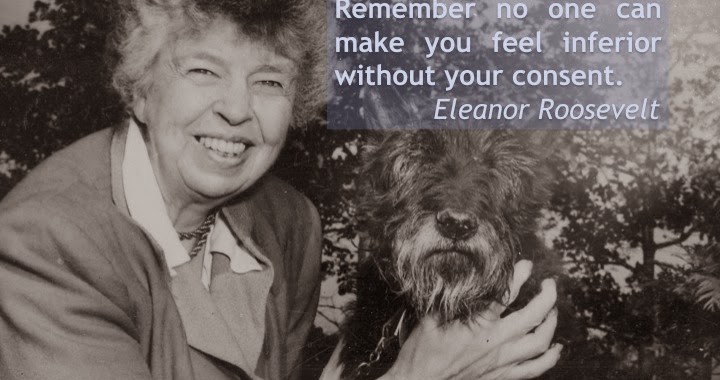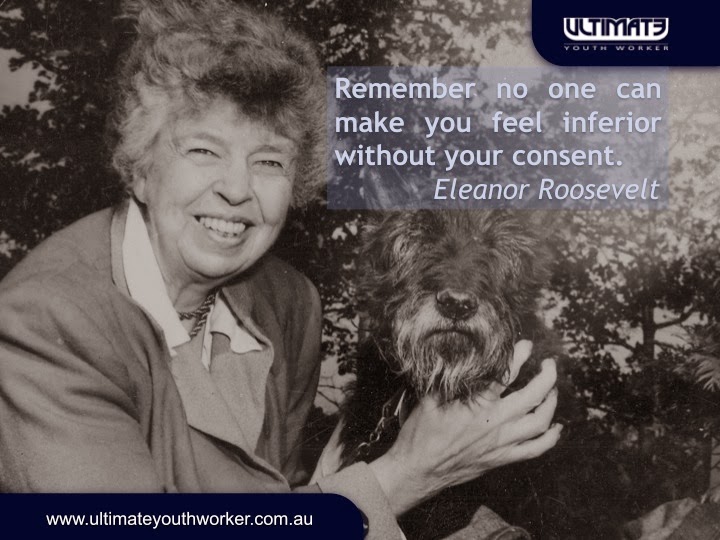Why should a youth worker have supervision?
Apply for supervision today
The youth work supervision environment: importance of neutrality
The supervision environment is important to staff uptake
All to often I hear from youth workers that they don’t want to do supervision sessions. The concerns range from the classic ‘it would breach confidentiality‘ to the obscure, ‘it doesn’t fit well with my existential philosophy‘. The main reason we hear is that staff don’t feel comfortable. Whether meeting with their manager or an external provider the staff member must feel comfortable with the supervision environment.
Many staff feel that supervision sessions with their manager are really uncomfortable. The meetings are usually had in the managers office with all the managers stuff on the desk and a mountain of paperwork which needs to be dealt with beside the computer. The manager says they are 100% engaged in the session while looking over the pile of paperwork and listen to their staff intently while the email toast pops up on their computer screen.
In the case of external supervisors if they come to your office to work with you or your staff, using the store room as a spare office does not make anyone feel like this is a worthwhile session. If you go out from the office you have issues of privacy and confidentiality. If you go to the external supervisors office they should have a space which is dedicated to sessions like this.
Your environment for the supervision session is really important! If the staff member does not feel comfortable then they will not be open to challenge and change. It needs to be an area that does not have too many distracting qualities and gives the person attending a feeling of safety and warmth.
 |
| Would you prefer this? |
 |
| or this? |
Apply for supervision today
Seven things a manager needs to know about internal supervision?
You should be doing internal supervision
- More communication is better. These sessions are a way of not only speaking about their practice but building a relationship with your staff member. Many managers believe that they are communicating a lot with their staff… you could triple it and it still wouldn’t be enough. In the words of Steven Covey, ‘seek first to understand, then to be understood’.
- You speak for the organisation in all things. As a manager you have role power. It is written all over your face. When you speak to your staff you are speaking with all the authority of your organisation. When you encourage it is like the board has given encouragement. When you admonish they see the CEO getting ready to fire them. Be aware that in their eyes you are the organisation!
- Have a best practice framework for the session. In youth work there has not been a lot written about frameworks for professional supervision. In the social work setting there has been quite a lot. Whether you use Alfred Kadushan’s model or another… use a model that has been tried and tested.
- Have an agenda. This is a business meeting like any other. It requires an agenda! What case do you want to work through? What policy do we need to analyse? Is there an organisational framework for the work we do? Whatever you choose as your model for practice will frame your agenda.
- One hour EVERY fortnight. Consistency is key. You need to do these sessions regularly with your staff. We recommend every fortnight. when you start it will seem like a lot… but give it time. Even if you are travelling for work use Skype or the phone tot have your session. I was a way at a conference not long after taking on my first managing gig. When I told my staff that we would still be doing our sessions they were amazed. It shows that you care about them.
- Its about your staff member. These sessions are not a time for you to reminisce about the good old days when you were on the frontline. They are not for you to sprout from the font of all knowledge. They are all about your staff! What are they struggling with? What do they need to know? What is the best way to deal with the issue they have? Overarching your model of supervision is the fact that it is all about your staff development.
- You need to be more knowledgable than your staff. If you know less than your staff then you are in trouble. Read a book. Do a course. Get your own external supervision. In the sessions your staff will expect that you can lead them through the maze of case work to pop out the end with their objective well in hand. You need to know what you are doing! If you don’t you may want to look at contracting an external supervisor.
Chaplains in schools: A youth workers thoughts
Chaplains in schools
One of the most contentious issues in youth work today is funding. We don’t have enough money and we don’t have enough positions. So when the Australian federal government released their budget last month an a number of youth work programs were defunded the sector cried out. One area that was at the forefront of the attack was the Government’s decision to remove funding for some school welfare staff who were funded under the National School Chaplaincy & Student Welfare Program. The Government decided to revert to an earlier version of the program which solely funded chaplains and not welfare workers.
Just try… your doomed if you don’t!
Youth workers need to be in the online space.
Over the past few weeks I have had dozens of conversations around why youth workers and their services need to be using social media. Over the course of my career I have worked in organisations who at best dabbled in using social media and at worst kept it a good arms length away from core business. As youth workers we need to be where the young people are… online!
Recently, I was reading a post on why CEO’s need to be on social media. It is not a job for the pimple covered volunteer intern but the CEO!!! Basically the organisations reputation is on the line and it is up to the head of the organisation to keep that reputation positive.
As youth workers we need to be on social media. We need to be there for the same reasons we do outreach and run youth centres. We need to be fully aware of the role and the boundaries of youth work in the virtual environment. We need to remember all our youth work skills are transferable to the online world. We need to blog, Facebook, tweet and whatever else comes along.
What are you doing in the online space?
If you need support touch base and we will see what we can do!
Youth work needs to rid itself of its inferiority complex.
What are you struggling with at the moment?
Every so often I like to take the pulse of the people I serve. I want to know what is going well. What is happening in their organisations. Most of all I want to know what they are struggling with at the moment!
We are here to support youth workers and the organisations they work for. Your struggles are our struggles and if there is something we can do to stand in the gap for you we will.
What are you struggling with at the moment?
Leadership: Guest post drownthenoise.com
Leadership.








